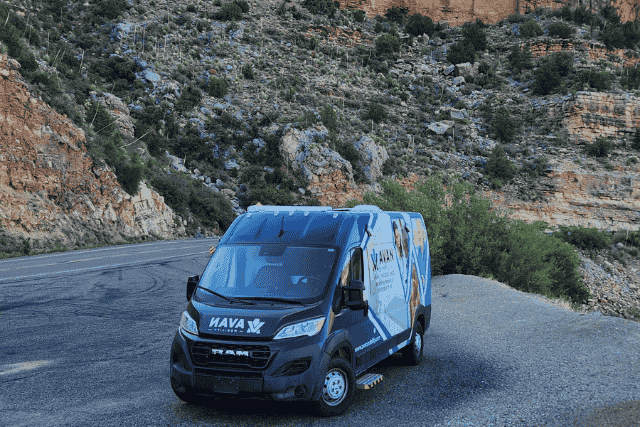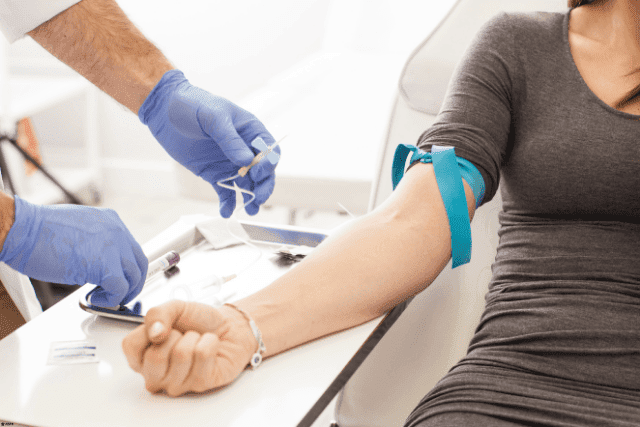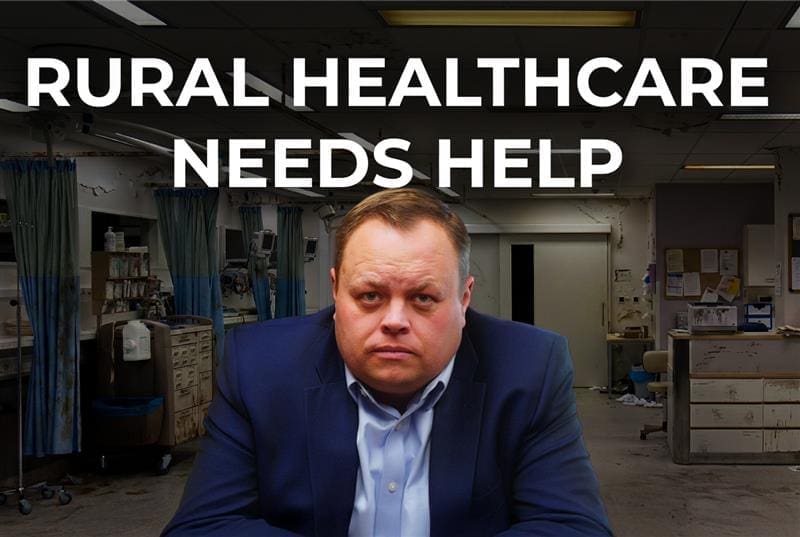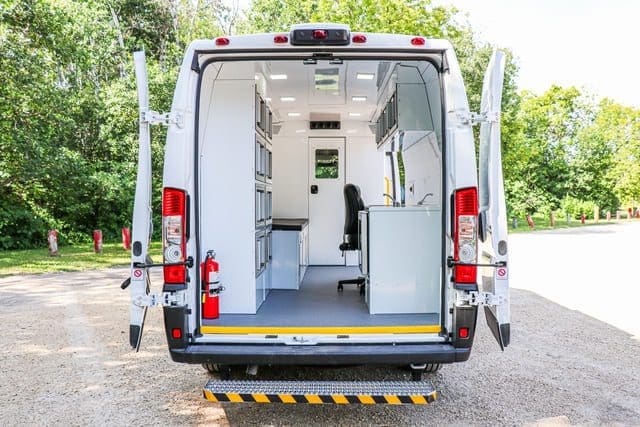Healthcare organizations must know opioid settlement funds can be used to launch and operate mobile opioid clinics.
If your county or nonprofit is focused on reducing overdoses, improving access to care, or serving rural or underserved populations, this is a game-changer.
Instead of building another facility that people may never reach, mobile opioid clinics deliver care directly where it’s needed. We’re talking about fully equipped vans or buses offering counseling, medication-assisted treatment, harm reduction supplies, and connection to recovery, all on wheels.
And here’s the best part: the money to fund these units already exists. Over $50 billion is being distributed across the U.S. from the opioid settlement fund, and your organization can use it to start a mobile clinic today.
We created this video to walk you through how mobile units work, why they’re so effective, and how to use the funds correctly. Because it’s not just about spending money, it’s about spending it in ways that actually save lives.
If you want to learn more about how you could use opioid settlement funds to save lives, click the button to Contact Us
Frequently Asked Questions
Can opioid settlement funds be used for mobile clinics?
Yes. The funds are legally required to address the opioid crisis, and mobile units qualify as they directly provide treatment, prevention, and recovery support.
What services can mobile opioid clinics provide?
They can offer medication-assisted treatment (like buprenorphine), distribute naloxone, provide counseling, peer support, health screenings, and connect people to long-term recovery programs.
How do mobile clinics help rural or underserved areas?
They eliminate transportation barriers. These clinics go to the people—visiting remote towns, low-access urban neighborhoods, and overdose hotspots.
What makes mobile clinics more effective than traditional facilities?
Many people can’t or won’t travel to a treatment center due to distance, stigma, or lack of transportation. Mobile clinics bring care directly to them, increasing engagement and survival rates.
Who decides how opioid funds are spent?
Local governments (counties, cities, or tribal communities) receive allocations and decide how to distribute them. Advocacy and proposals from community organizations can influence those decisions.
How do I start a mobile clinic with settlement funds?
We’ve created a 3-part video series that covers everything from writing proposals to outfitting vehicles and staffing them with the right team. You can find the full series linked here.




